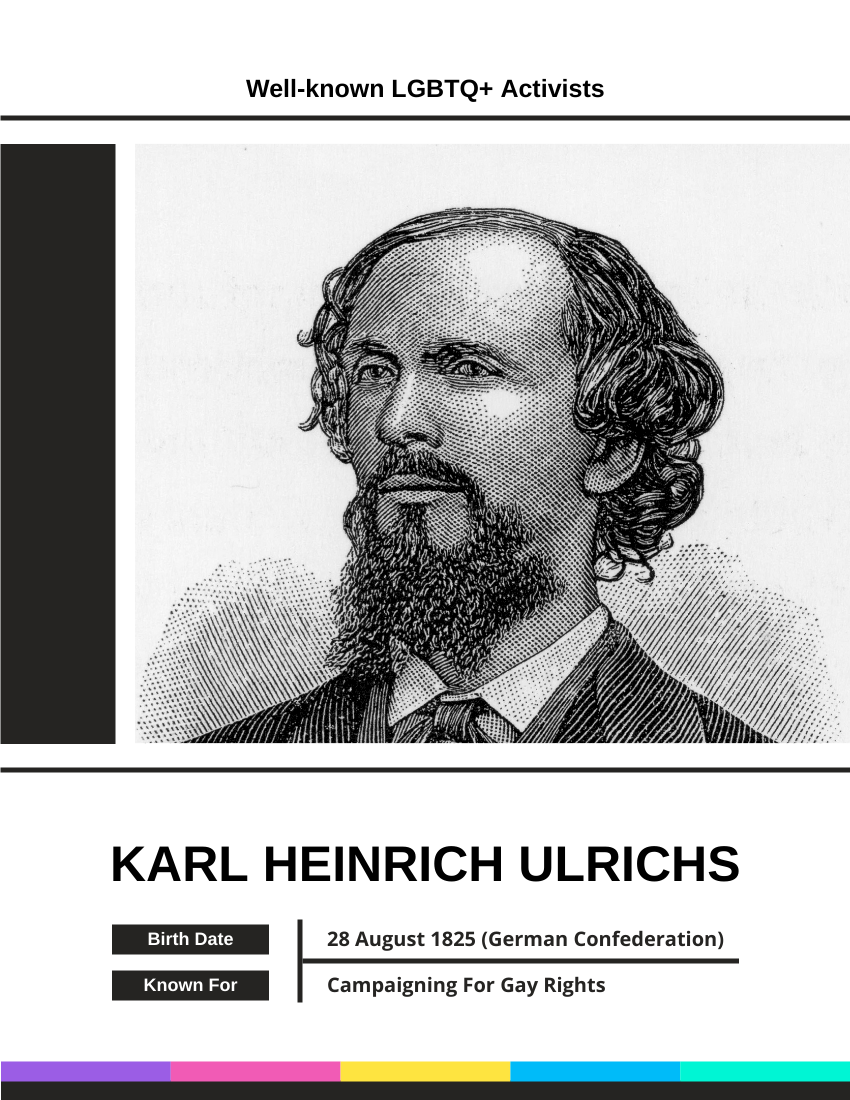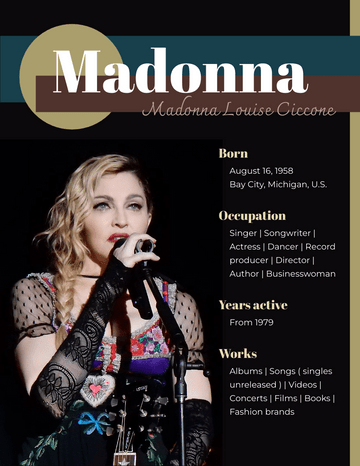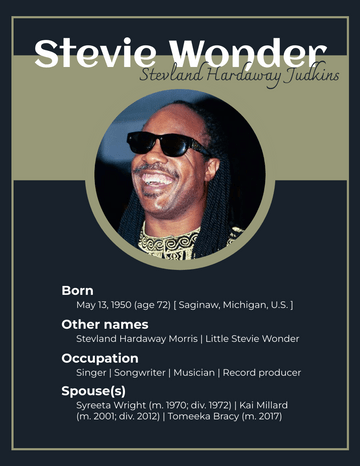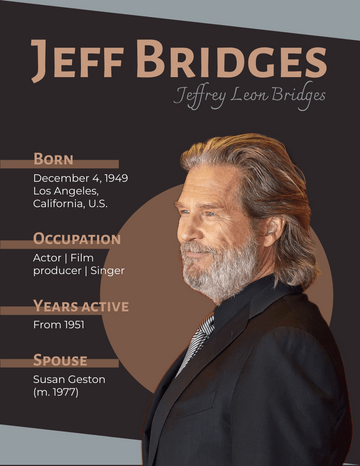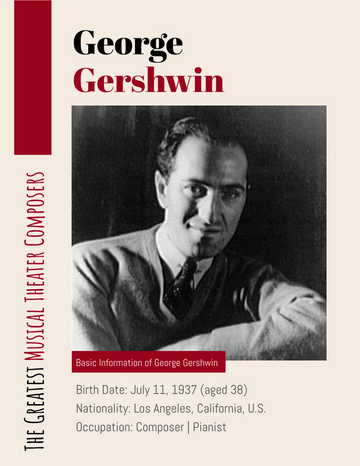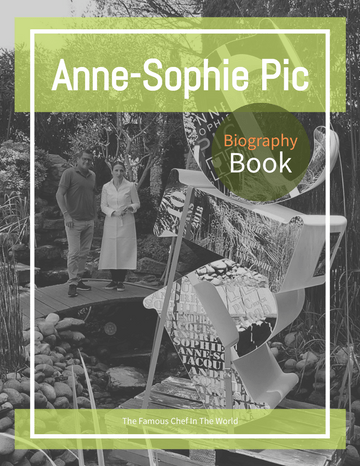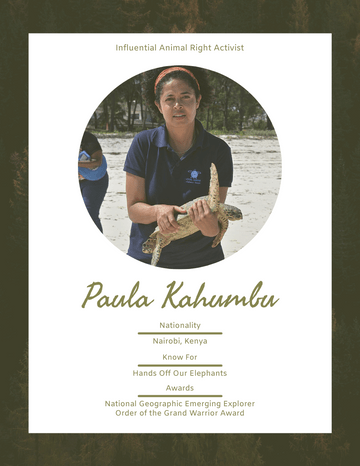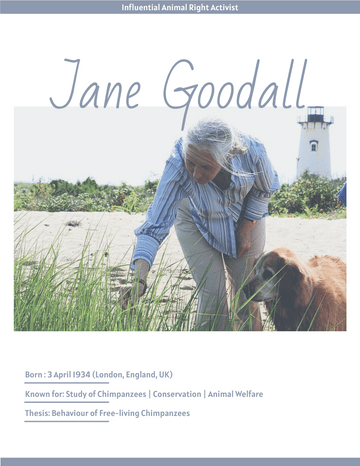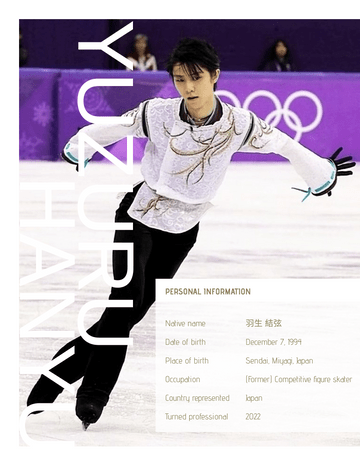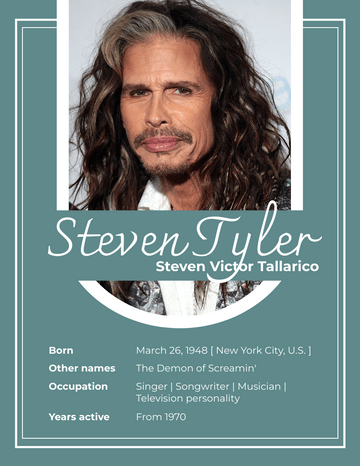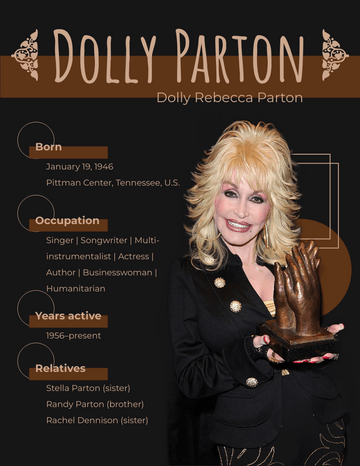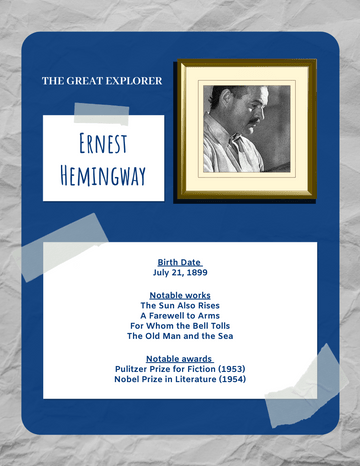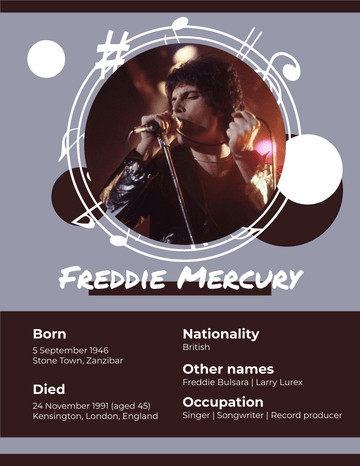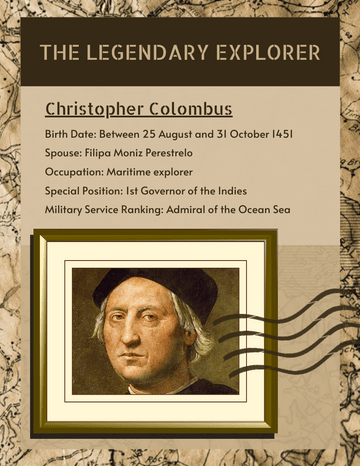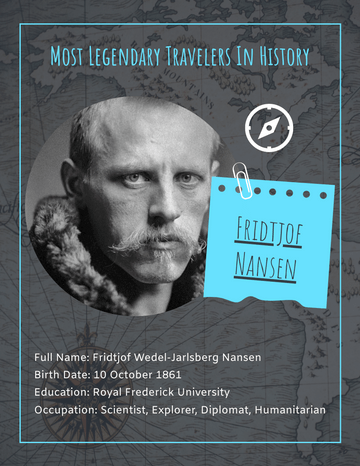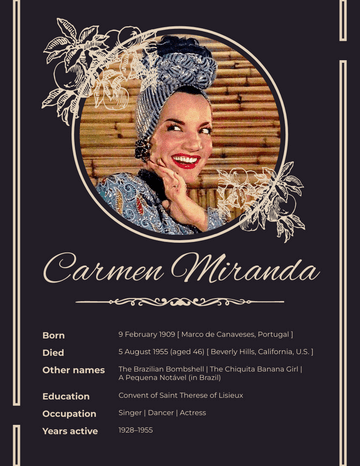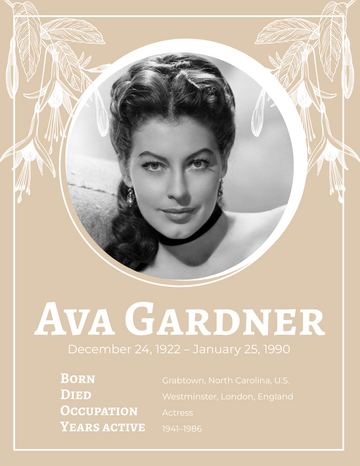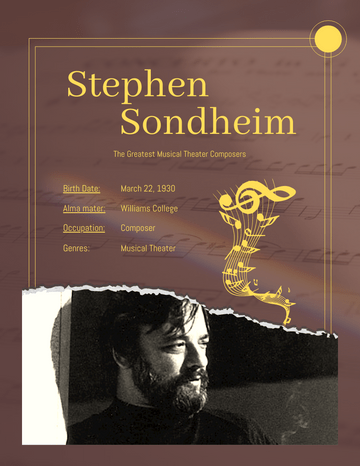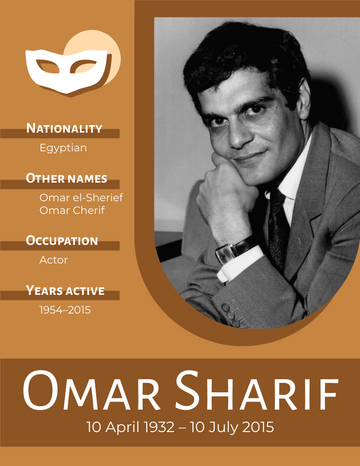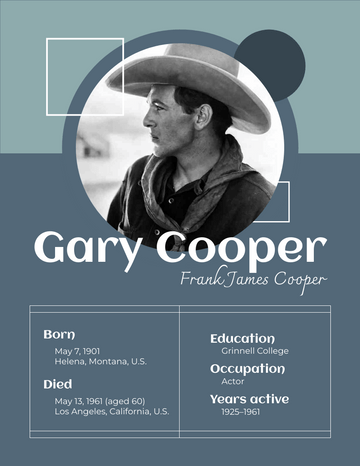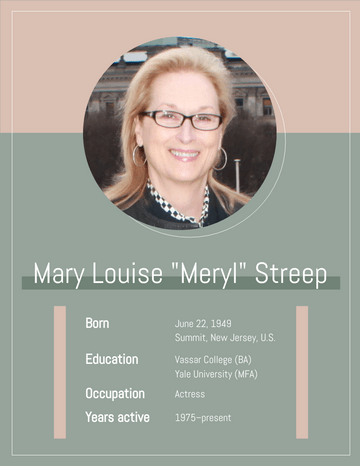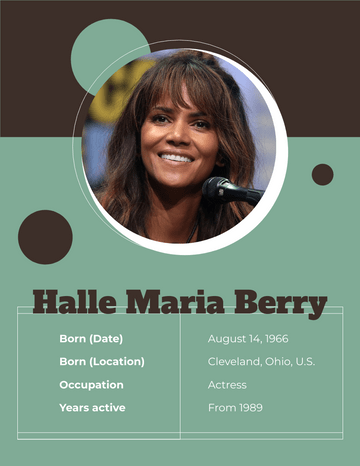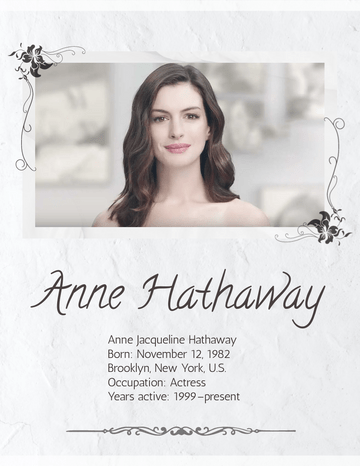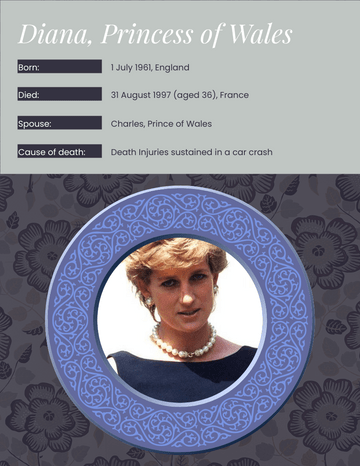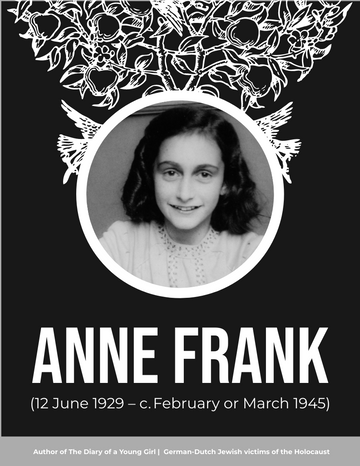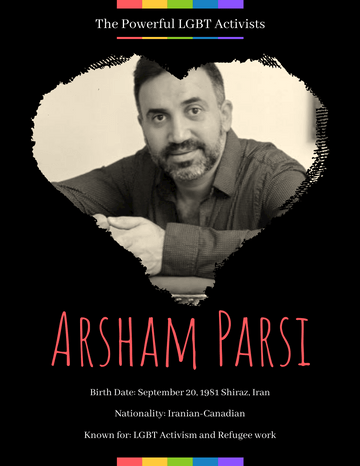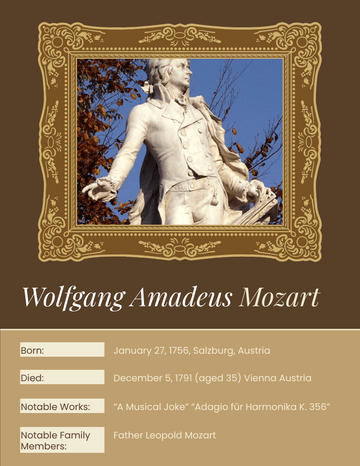Karl Heinrich Ulrichs
Well-known LGBTQ+ Activists
Birth Date: 28 August 1825 (German Confederation)
Known For: Campaigning For Gay Rights
Click here to read this biography book.
Who is Karl Heinrich Ulrichs
Karl Heinrich Ulrichs (28 August 1825 – 14 July 1895) was a German lawyer, jurist, journalist, and writer who is regarded today as a pioneer of sexology and the modern gay rights movement. Ulrichs has been described as the "first gay man in world history."
Early Life of Ulrichs
Ulrichs was born in the East Frisian village Westerfeld, incorporated today within Aurich, which at the time was in the Kingdom of Hanover. His father was a Lutheran pastor. Ulrichs recalled that as a youngster he felt different from other boys and was attracted by the bright colors of military uniforms and women's clothing. In 1839, at the age of fourteen, he experienced his first sexual encounter with his riding instructor. He graduated in law and theology from Göttingen University in 1846. From 1846 to 1848, he studied history at Berlin University, writing a dissertation in Latin on the Peace of Westphalia. From 1849 to 1854 Ulrichs worked as an lawyer for the civil service in the Kingdom of Hannover. Initially he worked as an official administrative lawyer in various locations but did not enjoy the work or thrive. He transferred to the court system in 1853 and joined the bench as an assistant judge in the district court of Hildesheim. He resigned on 30 November 1854 rather than face dismissal when a possible blackmail attempt meant his sexuality became common knowledge.
Campaigner For Sexual Reform
In 1862, Ulrichs took the momentous step of telling his family and friends that he was, in his own words, an Urning, and began writing under the pseudonym of "Numa Numantius". His first five essays, collected as Forschungen über das Rätsel der mannmännlichen Liebe (Studies on the Riddle of Male- Male Love), explained such love as natural and biological, summed up with the Latin phrase anima muliebris virili corpore inclusa (a female psyche confined in a male body). In these essays, Ulrichs coined various terms to describe different sexual orientations, including Urning for a man who desires men (English "Uranian"), and Dioning for one who desires women. These terms are in reference to a section of Plato's Symposium in which two kinds of love are discussed, symbolised by an Aphrodite who is born from a male (Uranos), and an Aphrodite who is born from a female (Dione). Ulrichs also coined words for the female counterparts (Urningin and Dioningin), and for bisexuals and intersex persons.
